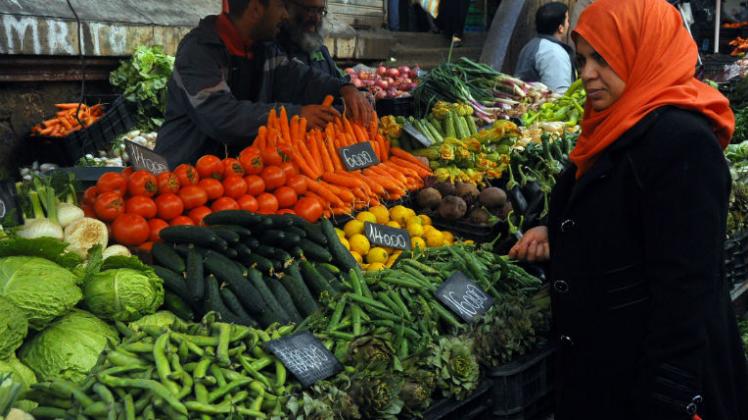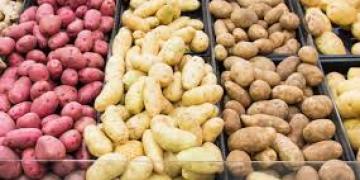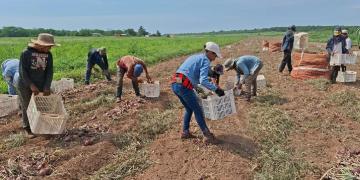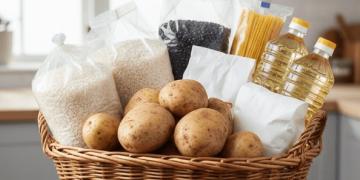Africa Oriental: Protecting East African potatoes using banana waste matter
As potato production in East Africa is increasingly threatened by the invasive and highly destructive potato cyst nematode (PCN) pest, an organic technology developed from banana plant waste material may well be the solution.

The solution, known as ‘wrap and plant’, involves encasing potato seed in a thick absorbent paper that is made from the fibre of banana plants, before planting. This strategy provides a protective barrier for the plants against damage by PCN.
These findings of research led by the International Centre of Insect Physiology and Ecology (icipe), International Institute of Tropical Agriculture (IITA) and North Carolina State University, USA, working with various partners, have been published recently in Nature Sustainability.
Prof. Baldwyn Torto, Head, Behavioural and Chemical Ecology Unit, icipe, explains how the most significant discovery of this study was that, even without the nematicides, the ‘wrap and plant’ technology protects potato from PCN damage. “We established that the banana-fibre has unique sponge-like properties. Thus, through a process known scientifically as ‘hydrogen bonding’, the ‘wrap and plant’ paper is able to soak and physically bind the critical chemical signals released by potato crops that allow the PCN to hatch, find and infect the plant’s roots. We confirmed this to be the case, as we recovered these chemicals from the paper,” he states.
The banana-fibre characteristics make the ‘wrap and plant’ paper dense, rigid and sturdy, such that it remains intact in the soil while also allowing the plant’s roots to germinate and thrive. Although the paper is durable, it is also biodegradable, and it eventually decomposes.
Fuente: https://www.freshplaza.com/article/9405791/protecting-east-african-potatoes-using-banana-waste-matter/




